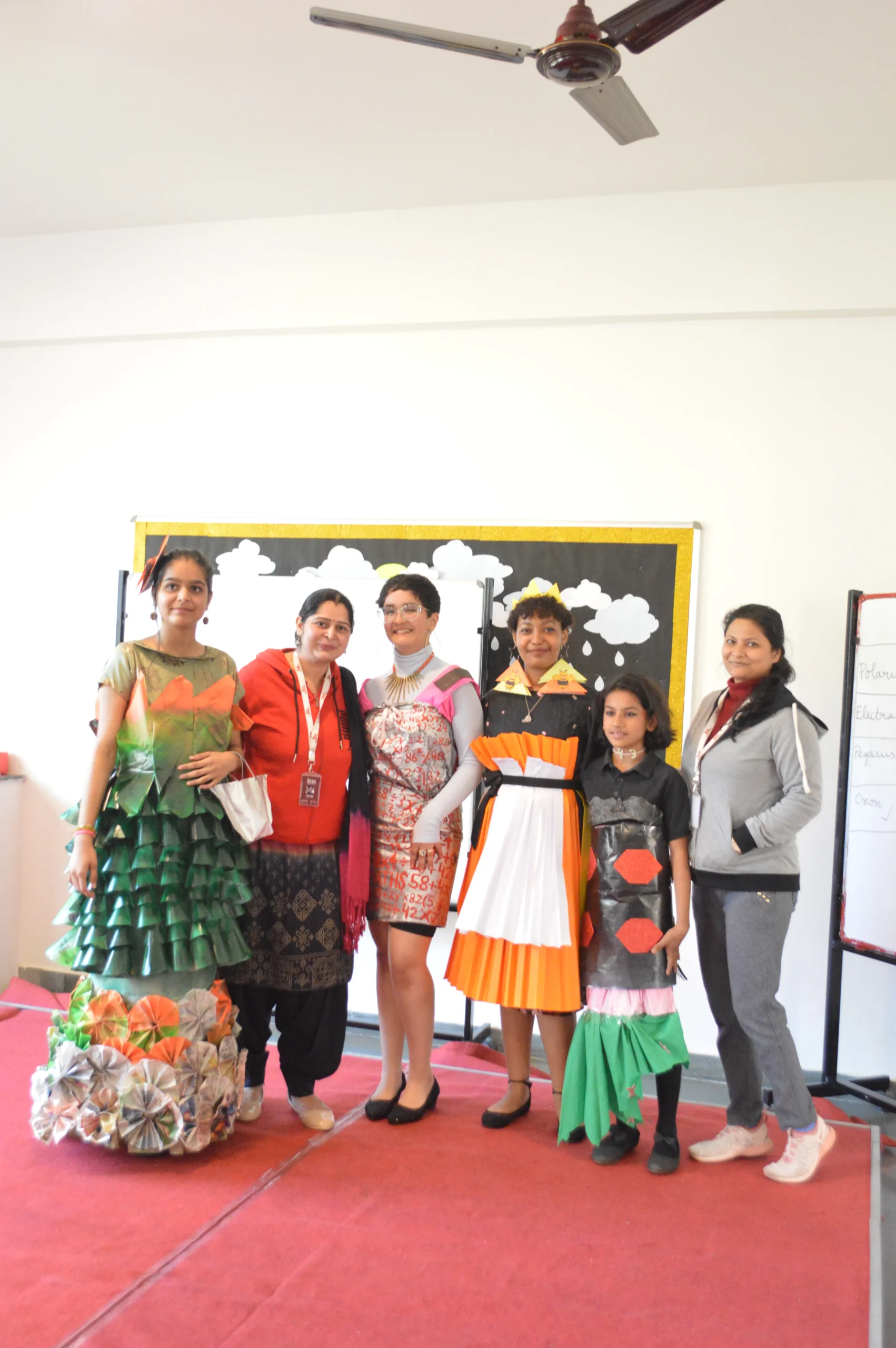Education often brings to mind classrooms, books, and exams. Yet, some of the most important lessons children learn occur outside those structured environments. Play, often dismissed as leisure or distraction, is a powerful tool that nurtures creativity, problem-solving, and critical thinking
Whether it’s imaginative role-playing, building with blocks, or engaging in outdoor games, play allows children to explore, experiment, and innovate freely. By encouraging play, parents and educators help children develop essential life skills that complement formal education and prepare them for the complexities of the real world
1. Encourages Imagination and Innovation
Play sparks creativity by allowing children to explore endless possibilities. When kids turn cardboard boxes into castles or imagine themselves as astronauts, they develop the ability to think outside the box. This imaginative play is the foundation of innovation, helping children grow into adults who can design solutions to future challenges.
2. Develops Problem-Solving Skills
Unstructured play often comes with small obstacles—whether figuring out how to build a tower that doesn’t topple or resolving conflicts during a game. Such situations encourage children to analyse, evaluate, and adapt. These problem-solving experiences build resilience and teach them to approach challenges with a solution-oriented mindset.
3. Builds Social and Emotional Intelligence
Collaborative play helps children understand teamwork, empathy, and communication. Negotiating rules, taking turns, and resolving disagreements foster emotional maturity. Such experiences not only enhance their ability to cooperate with others but also lay the groundwork for leadership and interpersonal skills.
4. Strengthens Critical Thinking
Games that require strategy—such as chess, puzzles, or even board games like Monopoly—sharpen analytical and logical reasoning. Children learn to weigh options, anticipate outcomes, and make informed choices. This ability to think critically extends into academic learning and future decision-making in everyday life.
5. Fosters Creativity via Trial and Error
Children can test ideas through play without worrying about failing. They try out novel approaches in music, painting, and even pretend play. This process of trial and error fosters creativity and promotes adaptation, two qualities that are essential in a world that is constantly changing.

6. Makes Learning Relevant to Everyday Life
Curiosity about the environment, science, and wildlife is frequently sparked by outdoor play and exploration. For instance, sand and water experiments or the observation of ants cooperating are examples of natural connections to scientific ideas. Children have a deeper and more useful understanding of knowledge when learning is connected to real-world situations.
7. Lowers Stress and Increases Concentration
Play is a natural way to decompress. Children relax and refuel emotionally through having fun and laughing. When they return to formal academic responsibilities, this not only helps them focus better but also enhances their mental health. A calm mind is more imaginative and receptive to fresh concepts.
8. Fosters Self-reliance and confidence
Children develop self-reliance and decision-making skills when they play freely or set their own rules. Small accomplishments, like as solving a puzzle or making an artwork, boost their self-esteem and inspire them to take on new challenges.
9. Encourages Mental and Physical Development
Running, climbing, and cycling are examples of outdoor play activities that promote motor development and coordination. Games that need strategy, memory, or planning can foster cognitive development. Play is a whole educational experience since it provides both cerebral and physical stimulation.
10. Facilitates Intergenerational Education
Play has the power to unite families and communities; it is not just for kids. Participating in games or storytelling with their children fosters shared experiences that impart wisdom, stories, and cultural values. These experiences strengthen relationships while enhancing kids’ education beyond the classroom.
Play is a potent tool for development and is much more than just enjoyable. Play gives kids the skills they need to succeed in life by fostering their creativity, critical thinking, problem-solving, and emotional intelligence. Recognising the importance of unstructured play as a supplement to academics is crucial in a society where structured learning frequently predominates. Children who are encouraged to explore, dream, and create outside of the classroom are more likely to grow up to be well-rounded, successful adults rather than just pupils.
Vega Schools offers holistic education to children in Delhi NCR and is rated among the top Schools in Gurgaon. Its modern infrastructure, facilities, and experienced teachers are a big asset to the learning & development of students, be it for Nursery, Primary or Senior children making Vega Schools the best schools in Gurgaon. For information about admission please visit the Vega Schools campuses in Sector 48 and Sector 76 Gurugram.
